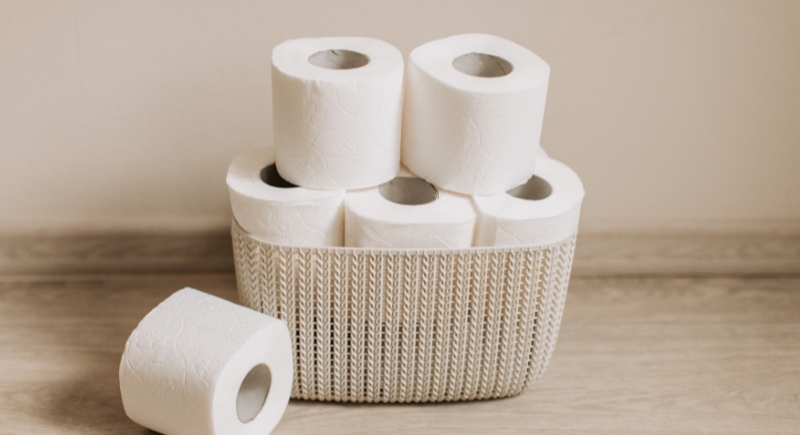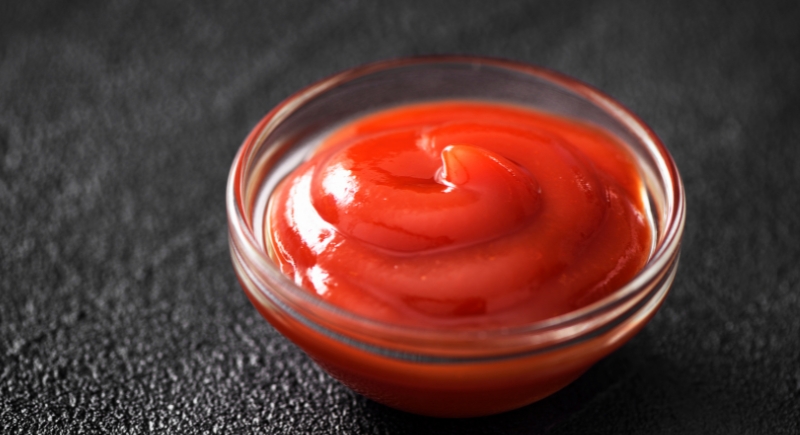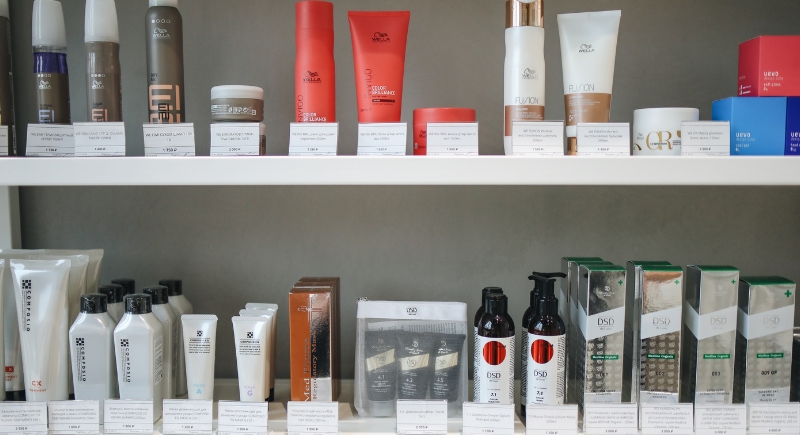What’s the One Product You Will Never Buy the Generic Version Of?
Brand loyalty goes beyond cool ads and attractive logos. It’s often based on trust that builds up over time. Surveys indicate that almost 62% of shoppers stick with brand names they know and trust for everyday items, even when there are cheaper options right next to them on the shelf.
Some products spark fierce loyalty, even if the price tag on the store brand looks good. People say that the brand name is non-negotiable for these things.
Toilet Paper

Credit: pexels
Few household products inspire such devotion. As for toilet paper, comfort is key, and everyone remembers a poor-quality roll. The softness and durability of the sheets keep the top brands unbeatable, which is why even budget-conscious shoppers often choose to spend more here without a second thought.
Trash Bags

Credit: Canva
A failed trash bag is a disaster that makes floors sticky and smells bad. People remember that experience and never want to repeat it. The seams and plastic on name-brand products are thicker and stronger, which keeps spills from happening.
Batteries

Credit: Getty Images
Disposable batteries highlight a simple math problem: pay less now, replace more often later. Duracell and Energizer are the best brands because they last longer and are less likely to leak. People tend to stick with brands that won’t rust their cameras or remotes when they need reliable devices.
Light Bulbs

Credit: TrueCreatives
Lighting affects everything from how you feel to how high your energy bills are. Cheap light bulbs burn out quickly or change colors in strange ways. Brands you know tend to last longer and have more consistent colors.
Paper Towels

Credit: pixelshot
These are the things that keep them in grocery carts even when store brands are half the price. A paper towel that tears mid-swipe just creates more waste. People trust brands like Bounty and others for their absorbency and durability.
Ketchup

Credit: Getty Images
Food traditions are very important here. Heinz has become the standard taste in homes and restaurants across the US. People who grew up with that familiar mix of sweet and sour flavors don’t often accept substitutes. Generic ones may be fine, but they don’t have the same nostalgic appeal as the red bottle.
Peanut Butter

Credit: Atlas Studio
Texture is the main deciding factor here. Peanut butter from brands other than Jif and Skippy can sometimes separate or spread unevenly, but Jif and Skippy always have a smooth, predictable consistency. People who eat the same thing every day in sandwiches or baked goods tend to stick with what they know works.
Coffee

Credit: Getty Images
There isn’t much room for compromise in morning rituals. Cheap coffee often tastes flat or stale, and regular drinkers can tell right away. People stay loyal to premium brands and specialty roasters because they make coffee that tastes so good that it’s worth getting up for.
Soda

Credit: Canva
People who like Coke or Pepsi say they can tell them apart right away, and blind taste tests often show that they are right. Most of the time, generic colas are only good when there isn’t anything else to drink because they are either too sweet or not fizzy enough.
Cheese

Credit: Getty Images
The way a cheese melts is just as important as flavor. Shredded cheese from a store brand might not melt or clump properly, ruining pizza and mac & cheese. Renown brands prioritize consistency, guaranteeing both flavor and cooking performance. People remain loyal because of this minor detail.
Shoes

Credit: Getty Images
Durability and comfort make generic shoes less comfortable. Poor arch support or thin soles can turn cheap shoes into expensive mistakes over time. That explains why most people don’t want to take a chance on no-name brands.
Skincare Products

Credit: pexels
When it comes to skincare, the risks can feel very personal. A mislabeled product or one with cheap fillers might cause irritation, which can take weeks to heal. That’s why trusted brands invest a lot in testing and build reputations for safety you can rely on.
Tools

Credit: DAPA Images
A wrench snapping during a project or a drill burning out quickly really shows why both pros and hobbyists prefer to go with brands they trust. Spending a bit more at the start is often viewed as a smart investment rather than a costly splurge.
Cars

Credit: Canva
Cars don’t have generics in the strictest sense, but the same logic applies to brand trust. Buyers tend to go with well-known brands because of their reliability scores and resale value. People are often wary of new or untested manufacturers and would rather stick with brands that have a history of success.
Medicine

Credit: Canva
Despite their higher cost, the familiarity of a known label sustains strong brand loyalty. Science confirms that generics contain the same active ingredients as brand-name drugs, but perception often differs. Many patients believe brand versions act more quickly or cause fewer side effects, and trust plays a crucial role when it comes to health.